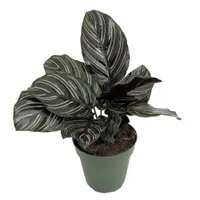Feng Shui consultants say these are the unluckiest items to have in your home
Down on your luck? These six home items could be having an effect, feng shui experts claim


When it comes to using feng shui to improve your home's energy, many of us focus on what to add and forget about what we should be taking away. As it turns out, there are several unlucky Feng Shui items we are leaving around our interiors that we need to clear out, experts warn.
If you know anything about the meaning of Feng Shui, you will be aware of how much impact a particular item and its placement in the Feng Shui energy map could have on your luck, and having the wrong thing could be counteracting the positive steps we have made to improve the flows of our homes.
Here, Feng Shui practitioners have shared the six unluckiest items to have in your home, and what you should be replacing them with.
The unluckiest items to have in your home
Using Feng Shui for luck is not a new practice. Using Feng Shui for luck in the new year has been a focus of Chinese new year celebrations for centuries, for instance, and, more recently, the idea of using the Feng Shui wealth corner to promote prosperity has resonated with increasing numbers of us.
These items could be putting a dampener on our efforts, however. Here is why.
1. Dried and dead plants
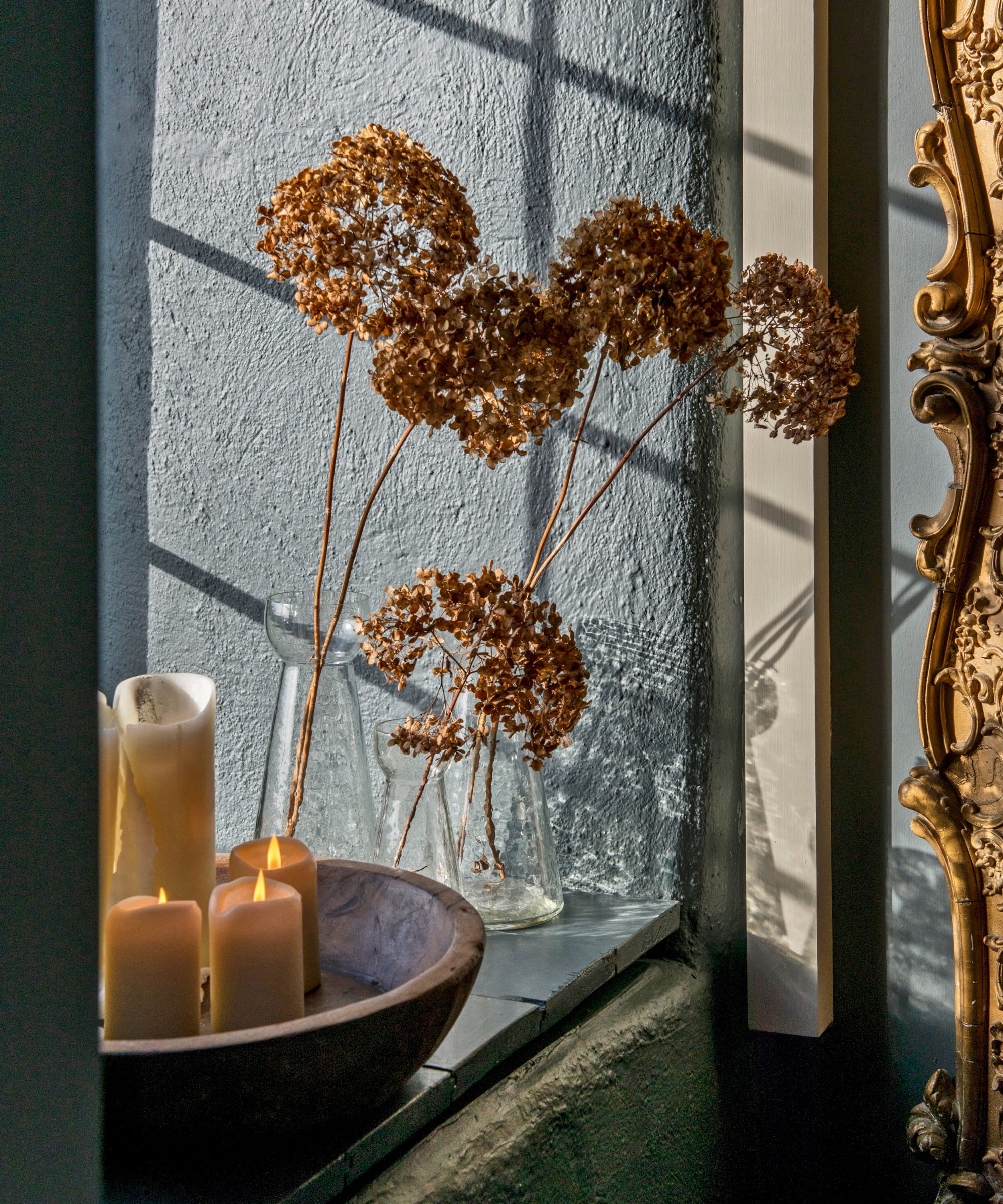
Houseplants are often praised for their ability to inject a little bit of nature into the home and even purify our air, but not all of our plant babies make for the best Feng shui plants, Joy Tan, feng shui consultant, designer, and owner of Joy Tan Mindful Living & Design explains – especially if you have a bit more of a brown thumb than a green one.
‘It's best to have fresh and vibrant plants in your home as dead or dried plants can symbolize stagnation and a lack of growth. I recommend replacing them with healthy plants that promote vitality and positive energy.’
Design expertise in your inbox – from inspiring decorating ideas and beautiful celebrity homes to practical gardening advice and shopping round-ups.
Instead, to scent your home, why not try a Zodiac candle home energy cleanse, which also has the benefit of grounding your space and banishing bad energy.

Joy offers a range of services that cater to different needs. Aside from her feng shui consultations, she has an e-design package for vacation rental owners, which includes a comprehensive design plan that helps create a space that is both functional and Instagram-worthy.
2. Cacti
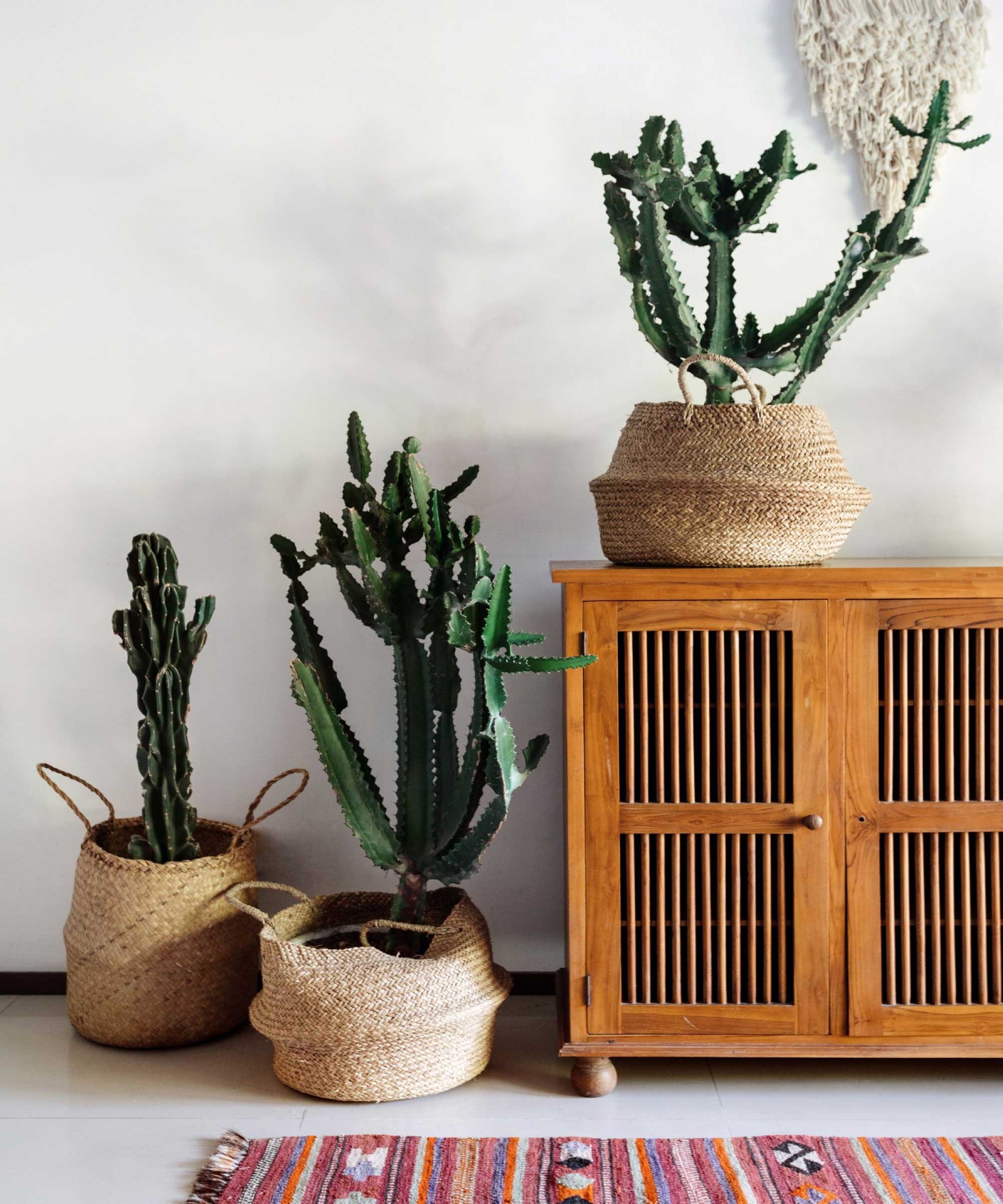
It is not just dead houseplants you should be keeping out of your home – there are plenty of living Feng Shui plants to avoid too – and cacti are some of the worst offenders for bad luck.
Michelle Justice, yogi, spiritualist, and CEO of NatureSound Retreat explains that it's not about the cactus per se but more about the sharp pointed features it has.
‘In Feng Shui, sharp objects can create a form of aggressive energy known as sha chi. So, if you're a fan of these desert dwellers, better to keep them outdoors or in a space where you don't spend too much time.
‘Instead of the cactus, how about some rounded-leaf plants? They can bring a sense of peace and calmness to your space.’
Prayer plant | $9.99 at Walmart
This handsome prayer plant has soft, rounded leaves making it ideal for any feng shui space to channel positive energies and encourage relaxation.
3. Broken objects
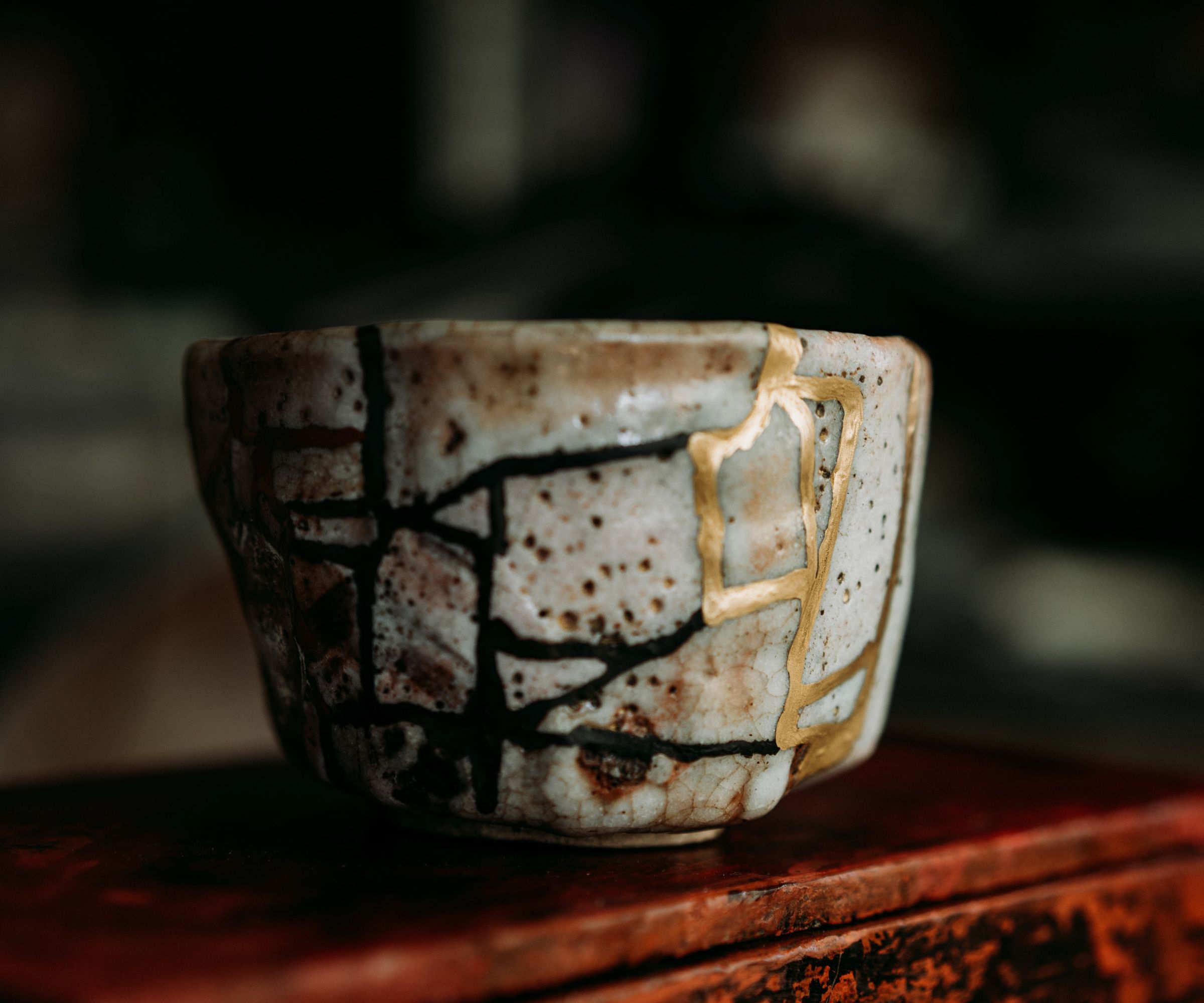
Not only do broken objects look bad for your home decor, but are the enemy of creating good Feng Shui in your home.
‘Having broken or chipped items in the home is believed to attract stagnant or negative energy,’ begins Dr. Jenelle Kim, founder of JBK Wellness Labs and author of Myung Sung: The Korean Art of Living, available on Amazon. ‘These items can symbolize decay, instability, or lack of care. It's best to replace or repair them to restore a sense of harmony and positivity in your space.
‘Opt for intact and well-maintained items that evoke a sense of wholeness and vitality. Surround yourself with objects that are in good condition and visually appealing as this promotes a more positive and uplifting atmosphere.’
If you do have a broken item, consider ways you could fix them such as the Japanese art of Kintsugi to make them look new again before throwing them out – just don’t allow them to sit on the counter waiting for repair for too long.

Dr. Kim learned from an early age the power behind the centuries-old principles passed down from her ancestors and she is the custodian of the herbal formulations passed down within her family line. She is also a doctor of acupuncture and Chinese medicine and is nationally board-certified in herbology, Oriental medicine, Feng Shui, and acupuncture.
4. Stagnant water and fish tanks
Although we are far more likely to have stagnant water sitting outside in our gardens (which is also bad for our garden Feng Shui), having sitting water in indoor fountains or even fish tanks and aquariums can attract negative energies to your home.
‘As the name suggests, stagnant water is believed to represent stagnation and trapped energy,’ explains Feng Shui consultant Joy Tan. ‘During the spring and summer seasons, it's advisable to ensure that any water features, such as fountains or aquariums, are well-maintained and the water is kept clean and flowing.’
5. Mirrors in bedrooms
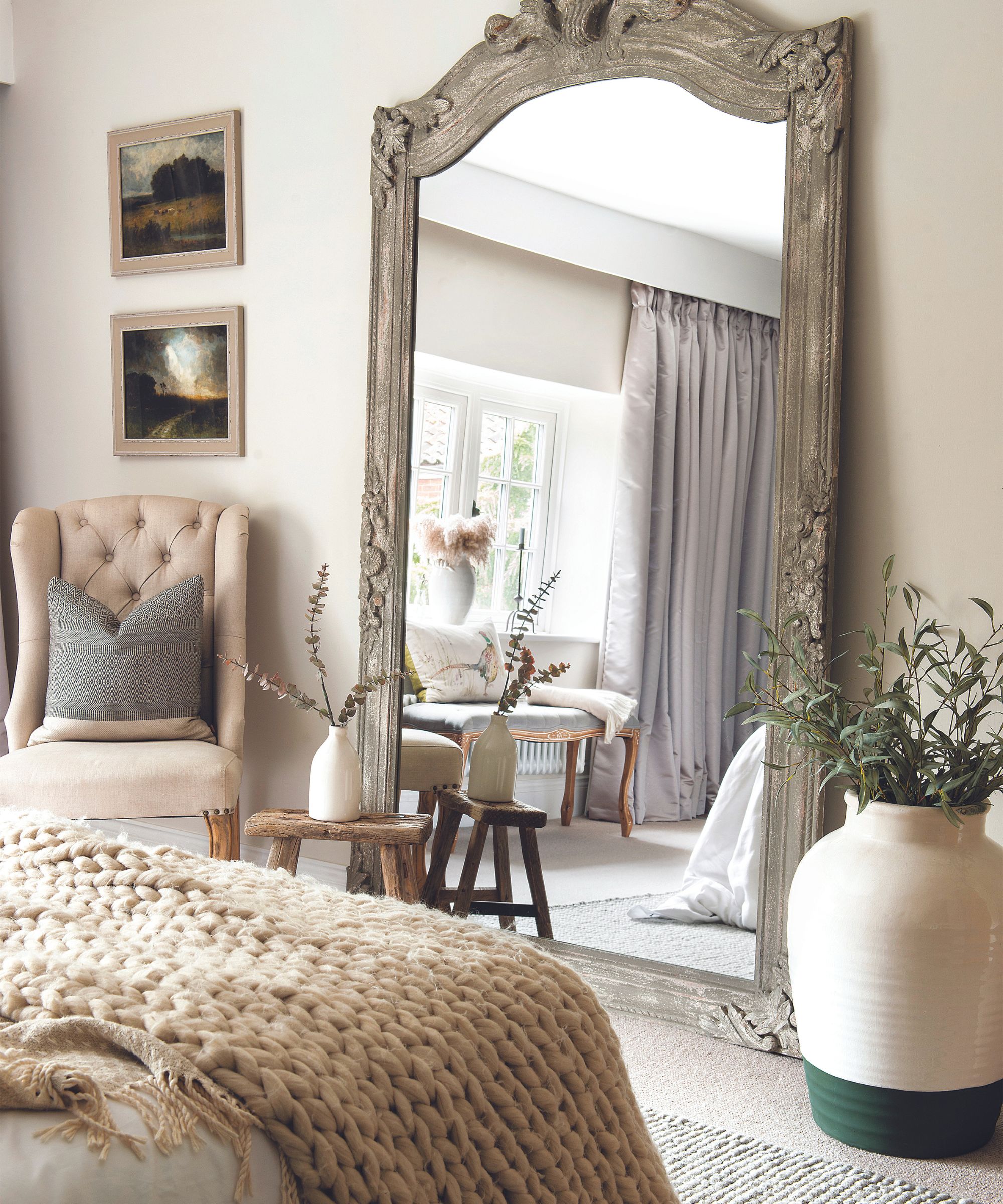
Mirrors are essential in any home in order to help us check our appearance, but there are several Feng Shui mirror rules you need to follow to ensure they don't become unlucky, warns spiritualist Michelle Justice.
Mirrors in bedrooms, for instance, should be placed with care, and you should avoid putting them facing the bed. This is a ‘no-no’ in feng shui because mirrors are believed to bounce energy around the room, which can cause restlessness and amplify worries while you sleep,’ Michelle explains.
‘Can you imagine how fantastic it feels to have a peaceful, restful night's sleep? If this sentence speaks to you, then try placing mirrors in other parts of the house where they can help move energy around without disturbing your sleep. For the bedroom, consider using beautiful art pieces instead of mirrors, they can reflect your personality and create a soothing atmosphere.’
6. Empty vases on display
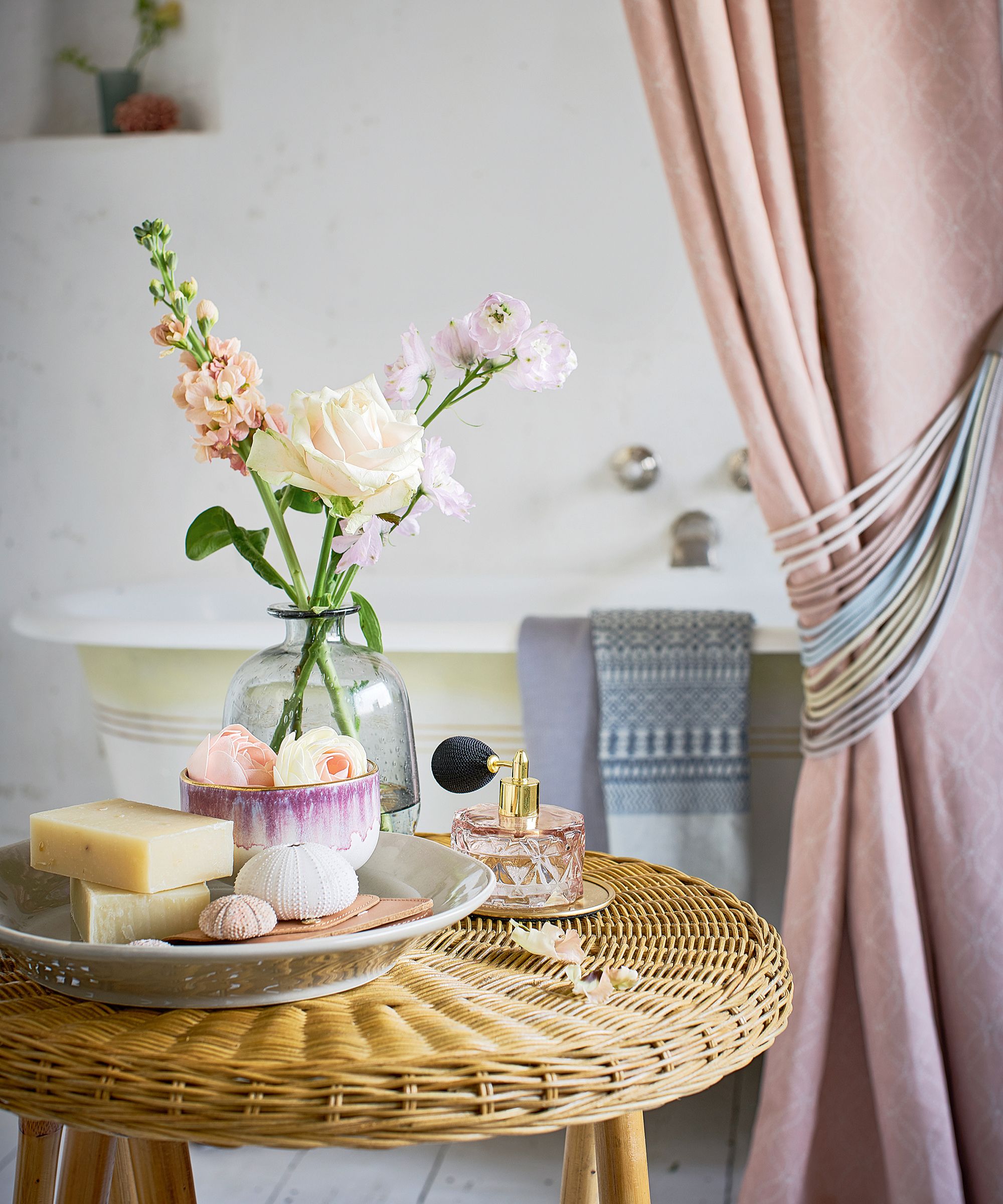
Lively bouquets of flowers are ideal for positioning around your home to make your Feng Shui house happy. Leaving these empty vases out on display however, especially when left full of water, can encourage emptiness into your life and decrease your luck with relationships, Lauren Tessin, Feng Shui consultant and spiritualist behind MoonlightGems says.
‘They should always be placed away in a cabinet out of sight, or filled with gorgeous rounded flowers,’ she suggests.
FAQs
What brings luck to your home?
When trying to increase your good luck through Feng Shui, you can try introducing lucky bamboo (one of the most prosperous items in feng shui) to your space to increase your prosperity. It is best to place these plants in the east corner of a room or of your house and ensure that it thrives with regular care to prevent them from drying out or dying.
What color is good luck for a house?
Gold is considered one of the luckiest colors to have in a house, symbolizing wealth and prosperity. Adding gold accents into your space through fixtures and home decor is a great way to elevate the energy in your home and attract positivity.
Keeping all six of these unlucky items out of your home is one of the simplest Feng Shui mistakes you can avoid for good energy. Go the extra mile and add in a few fortuitous items such as lucky bamboo or even use crystals at home to really channel positivity and possibly increase your luck at home and in everyday life.

Chiana is Homes & Gardens’ kitchen appliances editor. With a lifelong passion for cooking and baking, she grew up experimenting in the kitchen every weekend with her baking-extraordinaire Mom, and has developed a great understanding of how tools and appliances can make or break your ideal relaxing kitchen routine.
